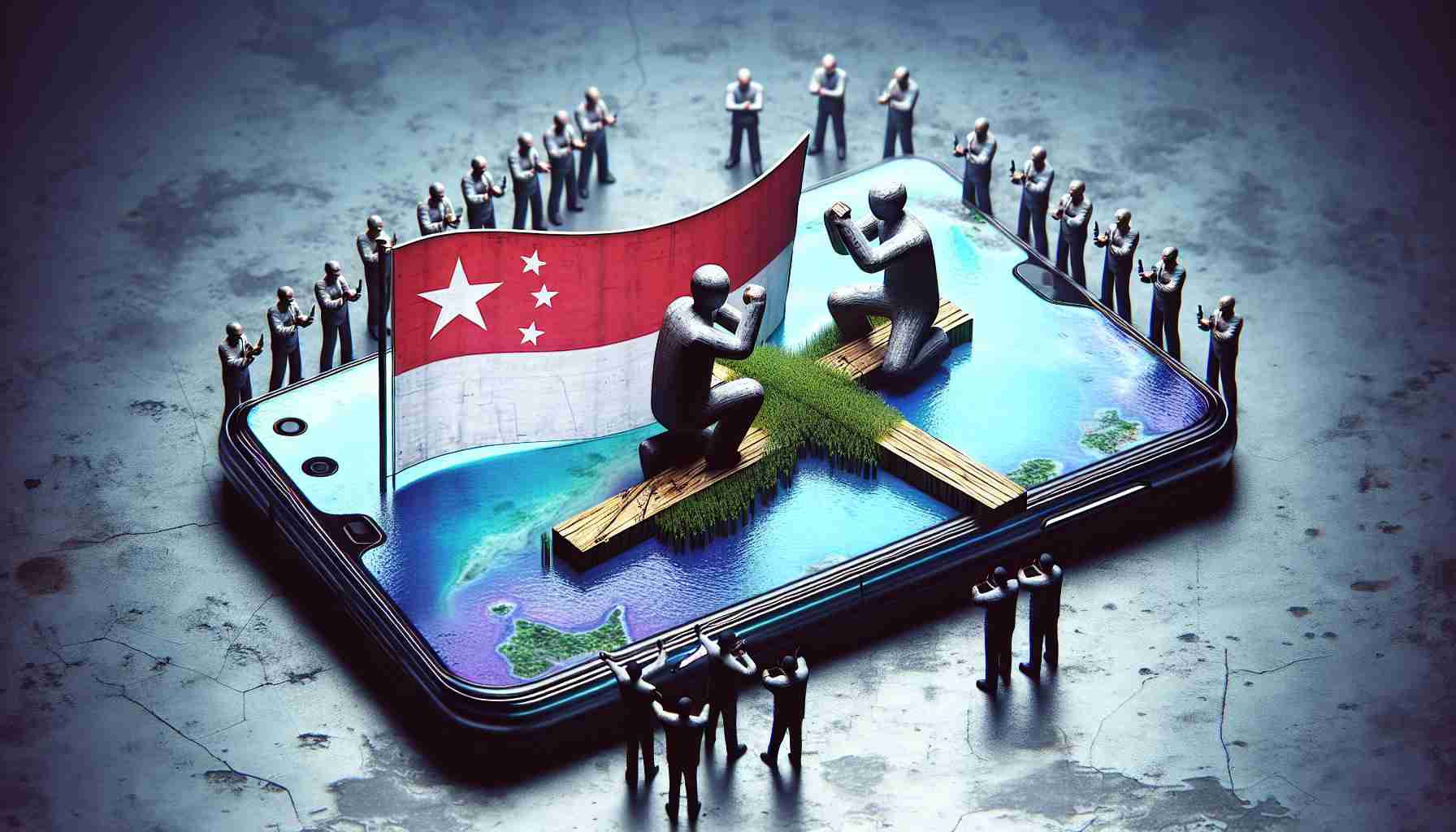In recent developments, Apple finds itself in a difficult situation as Indonesia enforces an indefinite ban on the iPhone 16 series. This comes after Apple could not meet the investment obligations required by the country. Initially, Apple pledged to invest $10 million, which was later increased by an additional $100 million. This adjustment aimed to satisfy Indonesia’s requirement of IDR 1.71 trillion (approximately $109 million) for local research and development.
Unfortunately for Apple, these increased commitments were not enough to satisfy Indonesian authorities. An internal discussion led by Industry Minister Agus Gumiwang Kartasasmita resulted in the rejection of Apple’s current investment offer. According to insider reports, the Indonesian government is seeking even greater involvement, urging Apple to incorporate the country into its global supply chain.
For Indonesia, the stakes are high with aspirations to grow its domestic manufacturing abilities. Local officials believe that enhanced investment from tech giants like Apple could amplify this sector significantly. A representative of the ministry emphasized that larger investments could accelerate making Indonesia a part of Apple’s expansive global network.
Under Indonesian law stipulating 40% local content for foreign operations, Apple faces an ongoing challenge. These requirements can be met by producing goods locally or establishing R&D centers. Currently, Apple’s investment falls short at only IDR 1.48 trillion ($95 million). Despite intentions to expand its accessory production, the insufficiency of these steps has resulted in a ban affecting both the iPhone 16 and Apple Watch 10 series.
Indonesia’s Bold Stand Against Tech Giants: What the Ban on Apple’s iPhone 16 Reveals
In the ever-evolving landscape of global technology and commerce, countries like Indonesia are making powerful statements with policies that enforce local content laws and strict investment requirements. The recent ban on Apple’s iPhone 16 series serves as a case study of the complex challenges and potential outcomes when emerging markets assert themselves on the international stage.
Advancing Local Economies and Empowering Communities
Indonesia’s decision to impose an indefinite ban on Apple’s latest products highlights an ambitious strategy to bolster local production capabilities and create jobs. Unlike traditional economies heavily reliant on imports, Indonesia is leveraging its position to demand significant investments from foreign companies. This could lead to a robust local manufacturing sector, which promises increased employment opportunities and skill development for its large youth population. Moreover, by integrating itself into Apple’s global supply chain, Indonesia aims to solidify its presence as a critical player in the technology market.
Navigating New Controversies
This decisive move, however, doesn’t come without controversy. Critics argue that strict investment requirements and local content mandates could deter foreign businesses, slowing technological advancement and reducing consumer choices in Indonesia. There is a risk that such policies might inadvertently isolate the country from cutting-edge technology, as seen with the absence of the iPhone 16 and Apple Watch 10 series. The balancing act between economic nationalism and open market access remains a contentious topic not just for Indonesia, but for other countries considering similar measures.
Weighing the Advantages and Disadvantages
On one hand, requiring companies like Apple to invest heavily in local operations ensures that parts of the revenues are reinvested in the domestic economy. This impulsion caress the development of a skilled workforce and nurtures new tech hubs. On the other hand, high financial demands might discourage some firms from entering, or even continuing, their operations in the country, potentially leading to a stunted tech market that is deprived of the latest innovations.
Questions on the Horizon
Will other nations follow Indonesia’s lead in enforcing strict foreign investment policies? How will global giants like Apple adapt to these changing landscapes? The answers to these questions will shape not only the future of international business strategies but also consumer experiences worldwide. Companies might need to rethink their supply chain strategies and look for innovative ways to meet such demands.
Seeking a Middle Ground
The situation poses a critical question for policy-makers and business leaders alike: is there a golden mean between fostering local industry and maintaining an open market that attracts innovative products and services? Ideally, a collaborative approach where governments and international corporations come together to establish frameworks that benefit all parties could be the solution.
In conclusion, Indonesia’s ban on Apple’s new products could set a precedent for how emerging markets negotiate their positions with powerful global entities. While the debate continues, stakeholders must engage in meaningful dialogue, finding ways to balance national interests with the need for competitive prowess in the digital age.
For further coverage and updates on technology and global markets, visit BBC News and Reuters.



















